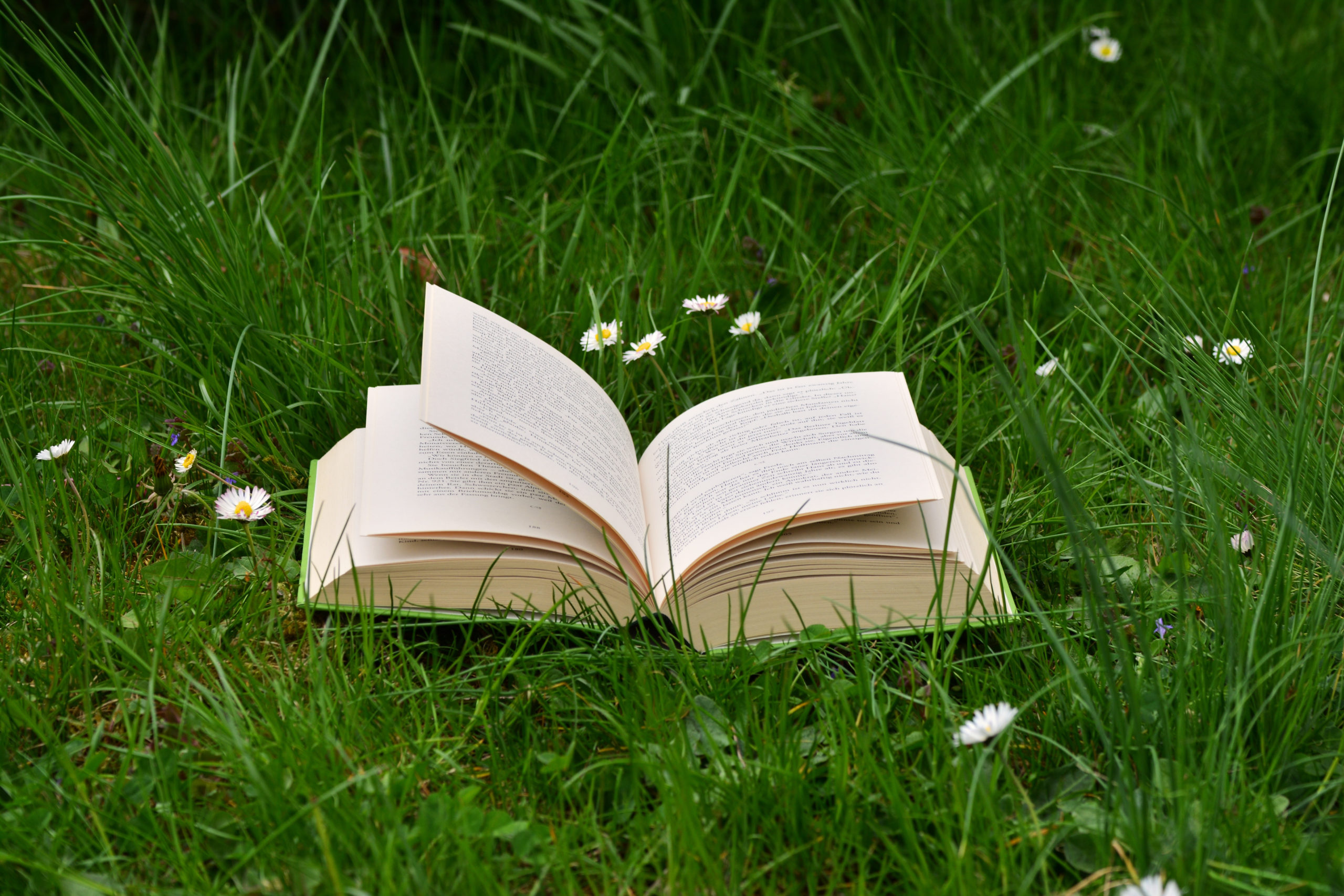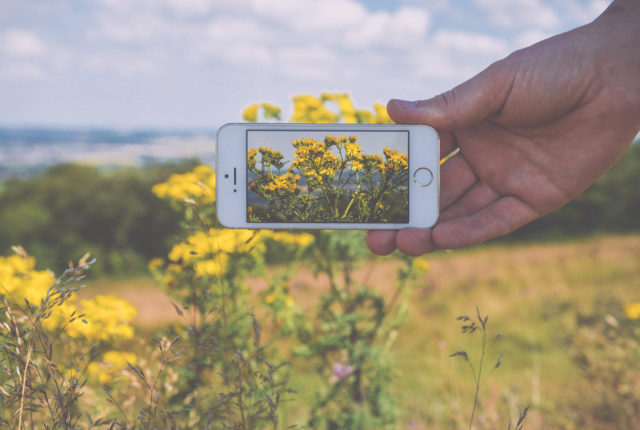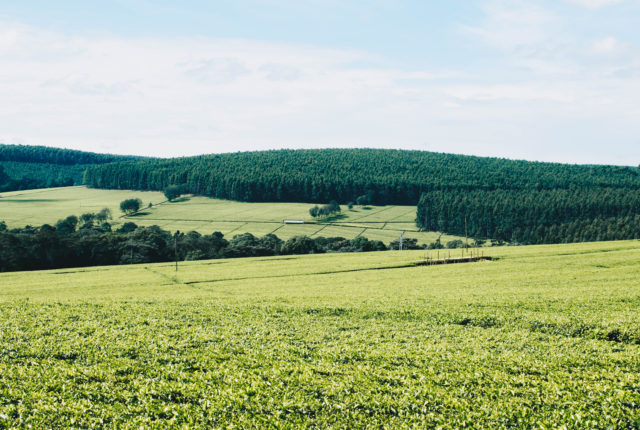By Becky Fox
When I first started taking SDG Academy courses, I thought I had a good grasp on the concepts of sustainability. I was practicing how to refuse, reuse, and recycle; and, as a science teacher, I knew about the consequences of global warming and the dangers of carbon emissions. I have been fortunate enough to travel and work in a variety of countries, most of which includes spending a lot of time outside, so I really wanted to make sure I knew how to properly protect our beautiful planet.
On top of teaching, I had been working with my father to help develop cultural tourism in Kenya through Kogelo Tours. I wanted to find out more ways I could support his social enterprise and thought the courses could help.
However, I never expected to learn so much, or for the courses to lead me on a path where I am now: pursuing a Master’s in Sustainable Development through SOAS University of London.
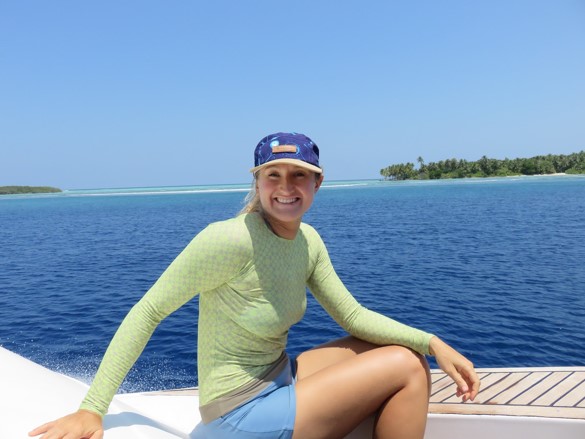
There were so many surprising things I learnt about sustainability through the courses. I even wrote a whole blog post about it! When I first started looking into sustainability, it was from an environmental point of view. I wanted to know what I could do in my daily life to be more environmentally conscious. However, it turns out to be much more complicated than I initially thought. And, as a consequence, the courses have shifted my attention toward the importance of education and poverty eradication.
I also realized that I was not alone in this naivety. So many people I talk to about sustainability are 100% focused on the environmental issues: being plastic-free, zero waste, or vegan. While these are all worthy efforts, and I’m impressed by anyone who can take on those commitments, very few actually look beyond to explore the real core aspects of the problem.
The courses taught me that societies that face severe uncertainties in their immediate future are far less likely to be concerned with intergenerational issues such as climate change. Additionally, impoverished societies lack the time, education, or financial resources to source and buy clean energy, plastic-free goods, or organic healthy food. I think it’s easy to forget that it’s a privilege to be concerned about the future—a privilege that a lot of people do not have when they are just trying to survive day by day.
This doesn’t mean I don’t care for environmental issues anymore, but I now see that by helping to address core issues such as poverty and access to education, I could potentially have a much more significant impact on the environment. I never really thought that if we wanted to protect our environment, we should protect our people first.
The first course I took was Jeffery Sachs’s Age of Sustainable Development. I read his textbook and all the recommended readings, but just wanted to know more. I realized I knew very little about the importance of economics and policy in achieving sustainability, so I went on to study Prof. Sachs’s courses on macroeconomics and post-capitalism. I’m now just finishing up his course on globalization, which has taught me about the ongoing negative impacts caused by previous colonial rule in regions like Asia and Africa.
The courses have directly helped me in many ways! For example, from the recommended reading listed on Prof. Sachs’s Age Of Sustainable Development course, I found out about the UN’s Farmer Field Schools, and my father and I are in the process of establishing one in Kenya through Kogelo Tours and The Red Rubber Ball Foundation.
Through this Foundation, my husband and I have also been able to sponsor the education of two children in Kenya: Erick and Vivalyn. The SDG Academy courses reinforced for me the importance of education in achieving sustainable development. I have since met with the Foundation in partnership with Kogelo Tours to discuss a more circular approach to our sponsorship by having our sponsored graduates give back, supporting children who haven’t been fortunate enough to get sponsorship.
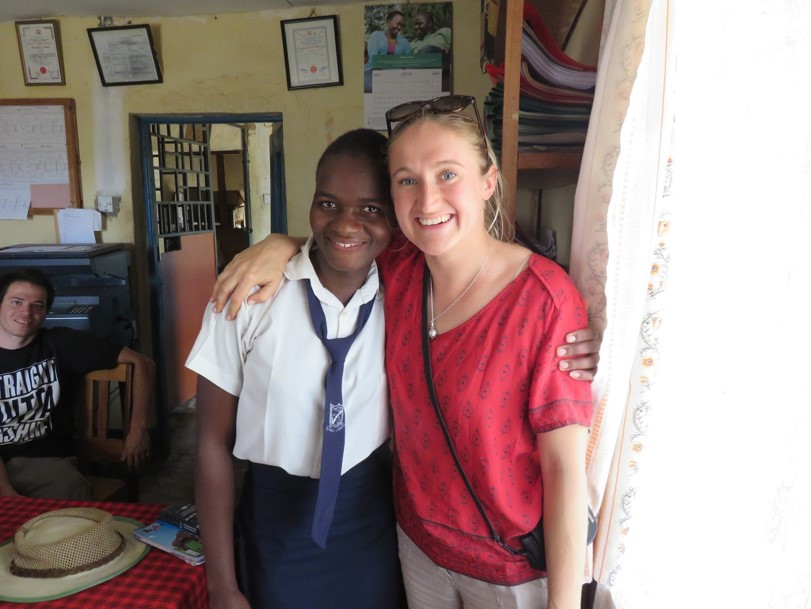
Photo courtesy of Becky Fox.
I’m really hopeful that by helping to fix underlying issues of inequality, education, poverty, basic human rights, and quality of life, we can also fix many of our environmental issues. So I would highly recommend that anyone who is interested in environmental issues dig deeper and read more about the impacts of social inclusion, economics, and good governance through the SDG Academy courses.
And If you want to make a real difference starting today, then please head over to The Red Rubber Ball Foundation and learn more about the incredible work they do.
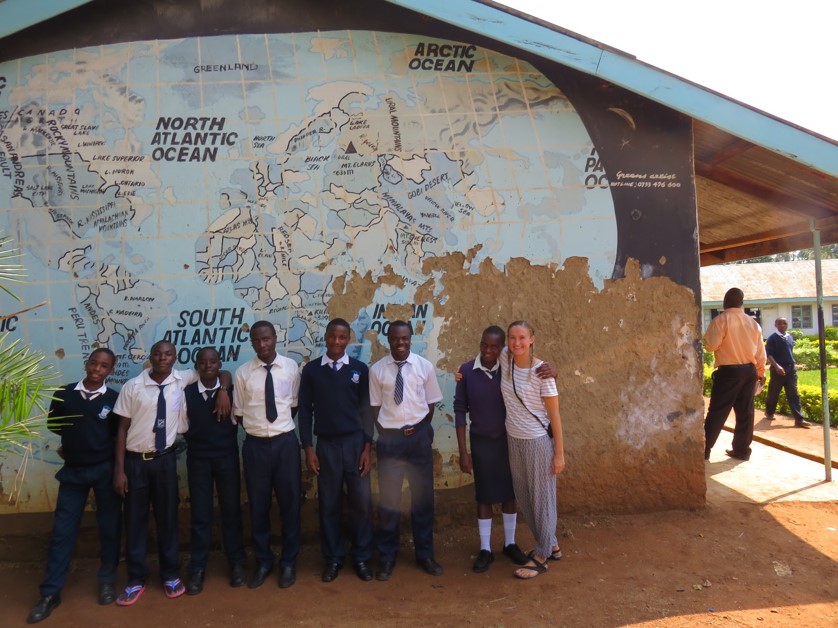
Photo courtesy of Becky Fox.
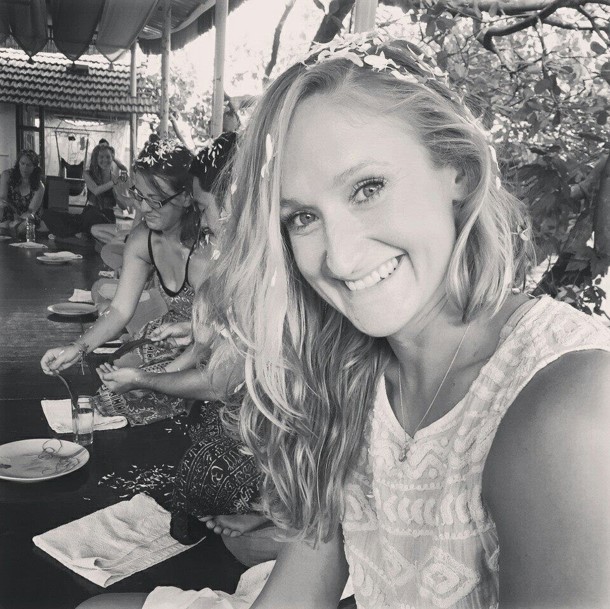
Becky is a science teacher, surf/yoga instructor and outdoor educator. Born and raised in the UK within a variety of community centres, Becky grew up immersed in different cultures and backgrounds. Growing up in an ‘off the grid‘ environment, she quickly learnt the value of being sustainable and looking after our environment. Her work and training have taken her all over the world, and she is currently in New Zealand working as a special needs teacher while pursuing a Master’s in Sustainable Development through SOAS University of London.
She blogs about all things Surf, Science and Sustainability on her website www.beckyfox.org and her Instagram @beckysurfs.
